post micturition convulsion syndrome
 Post Micturition Convulsion Syndrome
Post Micturition Convulsion SyndromeWhy do some of us change when it hits? For 28 July 2018 Almost everyone will be familiar with a baby's comical vision that suddenly causes violent shock: It's a pretty reliable indicator that the baby needs a diaper change. That's because urinating is a strange phenomenon that persists even in adulthood. But what is going on within our bodies to generate this unusual response to a basic and daily function? The truth is we don't really know. There is no peer-reviewed research on the subject to shed light on the precise biological foundations of this phenomenon. But so scientists know about the bladder and its relationship with , they have made some possible explanations for why we search when we pee. This center of two main ideas: It is caused either by the sensation of the fall of the temperature, as the hot pis leaves its body or by a confusion between the signals in the autonomic nervous system (ANS). [] The first idea is based on the fact that we typically tremble when we feel a sudden chill. As far as urine is concerned, the logic is that when we expose our nether regions (an obvious need to urinate) to cool the air, and then simultaneously annul the body of the hot liquid, it creates an internal temperature imbalance—a chill—that triggers an uncontrollable chill. But some scientists are not convinced by this idea, including Dr. Simon Fulford, an urologist at James Cook University Hospital in the UK. It prefers alternative theory, which deepens the nervous system by clues. The urination process is supervised by the ANS, the control center that orchestrates many automatic body functions, such as the temperature and beating of a heart, Fulford said. Obviously, the urination is not totally automatic because we have voluntary control over when we urinate. But before that crucial decision point, the urination is largely governed by two parts of the NSA, called the NSA, and the NSA. When the bladder reaches fullness, small stretch receptors on your muscle wall detect the movement of the bladder stretching and activate a set of nerves in the spinal cord called sacral nerves. In turn, these make the PNS go into action, which makes the muscle wall of the bladder contract, preparing it to remove the urine from the body. This autonomic process works as a power switch, suppressing the instructive reflections of the nerve while the bladder is still full, but "stimulating those reflections to act when the bladder is full," Fulford told Live Science. A strange quirk of this arrangement is that when the urine comes out of the body, . "There seems to be good evidence that blood pressure rises slightly with a full bladder, and that this drop of emptied, or shortly afterwards," Fulford said. What happens next is hard to unravel, biologically speaking. But it seems that this sudden leap in blood pressure causes a reaction of the sympathetic nervous system, a part of the ANS that is involved in the response of struggle or light of the body. SNS regulates many factors, as part of this reaction. Experts already know that when SNS detects low blood pressure, which among its many functions, it will carefully restore blood pressure to its previous balance throughout the body. When it comes to urination, it is possible that this sudden wave of catecholamines causes the twitch of pis. Why? For reasons that are not fully understood, the interaction between the two components of the nervous system — the release of urine, the perforation of the NPP and the increase of the catecholamines, orchestrated by the NSA — may be causing mixed signals in the nervous system. That seems to trigger a system failure that makes us shudder involuntarily. Fulford says that a similar phenomenon called autonomic dysreflexia sometimes occurs in patients with . This occurs when a stimulus, like a complete bladder, occurs below the site of the spinal injury, resulting in "an excessive response of the autonomic nervous system that causes blood pressure to rise rapidly, the rate of pulse to fall and patients to flush and sweat," he explained. This incongruent reaction echoes the strange chills we get when we pee. Another clue is that men seem to experience this phenomenon more than women, which could be explained by the fact that men are usually standing when they urinate, possibly intensifying the thought that precedes the shudder. Whatever the cause, this body rarity should not be a matter of concern. "There has been no substantial research on this issue, but it is a normal body function and nothing to worry about," Dr. Grant Stewart, an academic urological surgeon at Cambridge University in England and chairman of the Science and Education Committee of the Urology Foundation in the United Kingdom. Original story in Live Science. Stay up to date on the coronavirus outbreak when you sign up for our newsletter today. Thanks for signing up for Live Science. You will receive a verification email shortly. There was a problem. Please refresh the page and try again. Live Science is part of Future US Inc, an international media group and a leading digital editor. . Future US, Inc. 11 West 42nd Street, 15th Floor, New York, NY 10036.
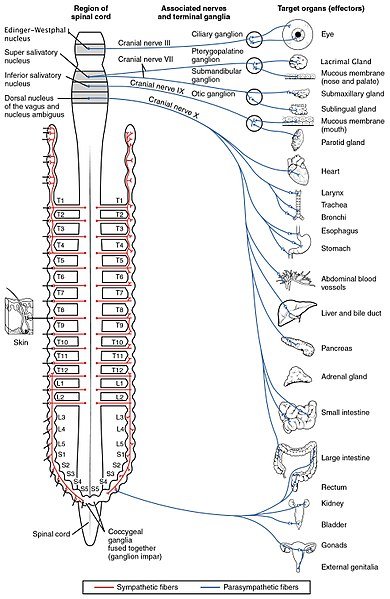
Post-micturition Convulsion Syndrome — Steemit
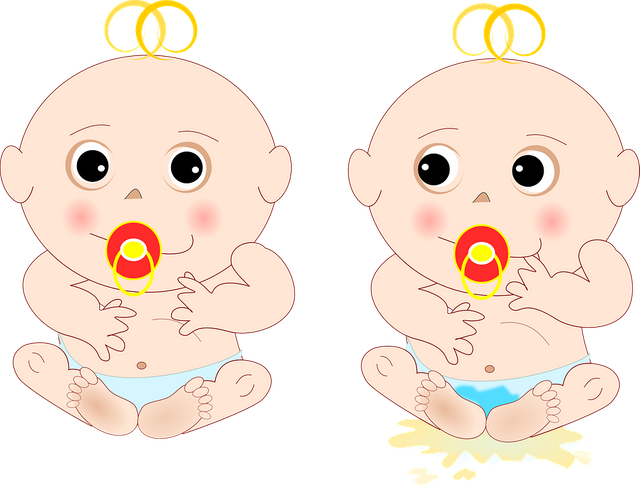
Post-micturition Convulsion Syndrome — Steemit
PCMS - "Post-Micturition Convulsion Syndrome" by AcronymsAndSlang.com

Peeing Unintentionally - Repohealthytips.com
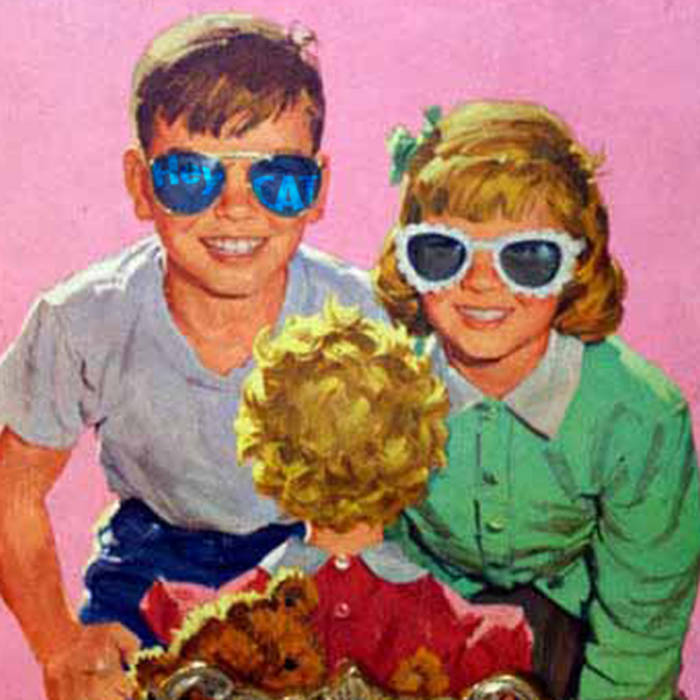
Post-Micturition Convulsion Syndrome | Hey Cat

Post-Micturition convulsion syndrome - Home | Facebook
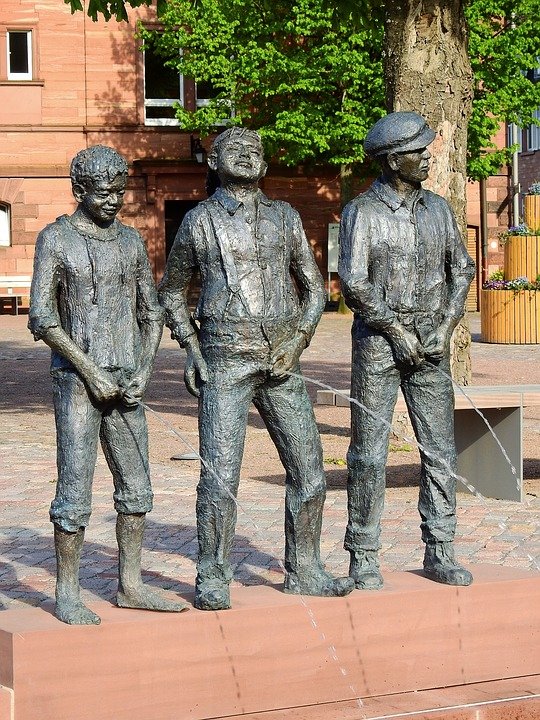
Post-micturition Convulsion Syndrome — Steemit
What causes "piss shiver"? - The Straight Dope

PMCS - Post Micturition Convulsion Syndrome
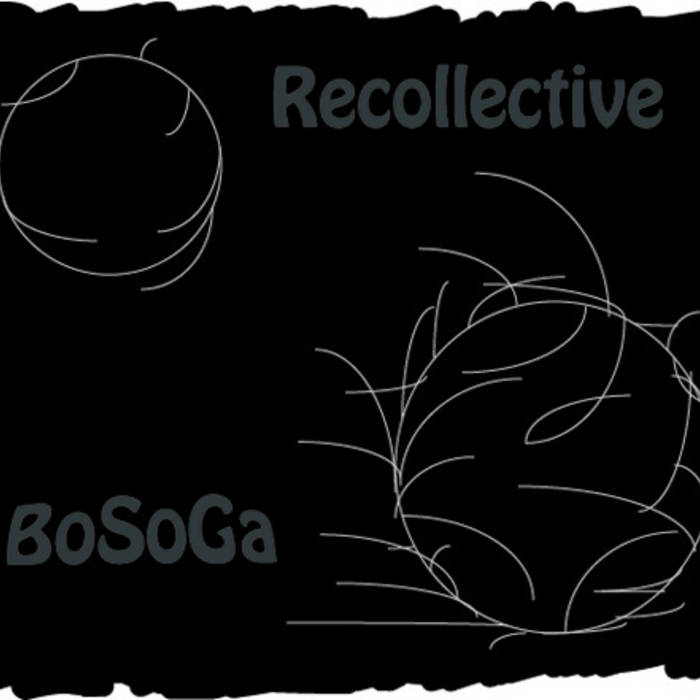
Post Micturition Convulsion Syndrome | BoSoGa

jojo-log: Post-micturition convulsion syndrome

Pee Shivers Symptoms and Theories on Possible Causes
![Post-micturition Convulsion Syndrome: [Essay Example], 1565 words | EssayPay Post-micturition Convulsion Syndrome: [Essay Example], 1565 words | EssayPay](https://essaypay.com/images/examples/post-micturition-convulsion-syndrome-essay.png)
Post-micturition Convulsion Syndrome: [Essay Example], 1565 words | EssayPay
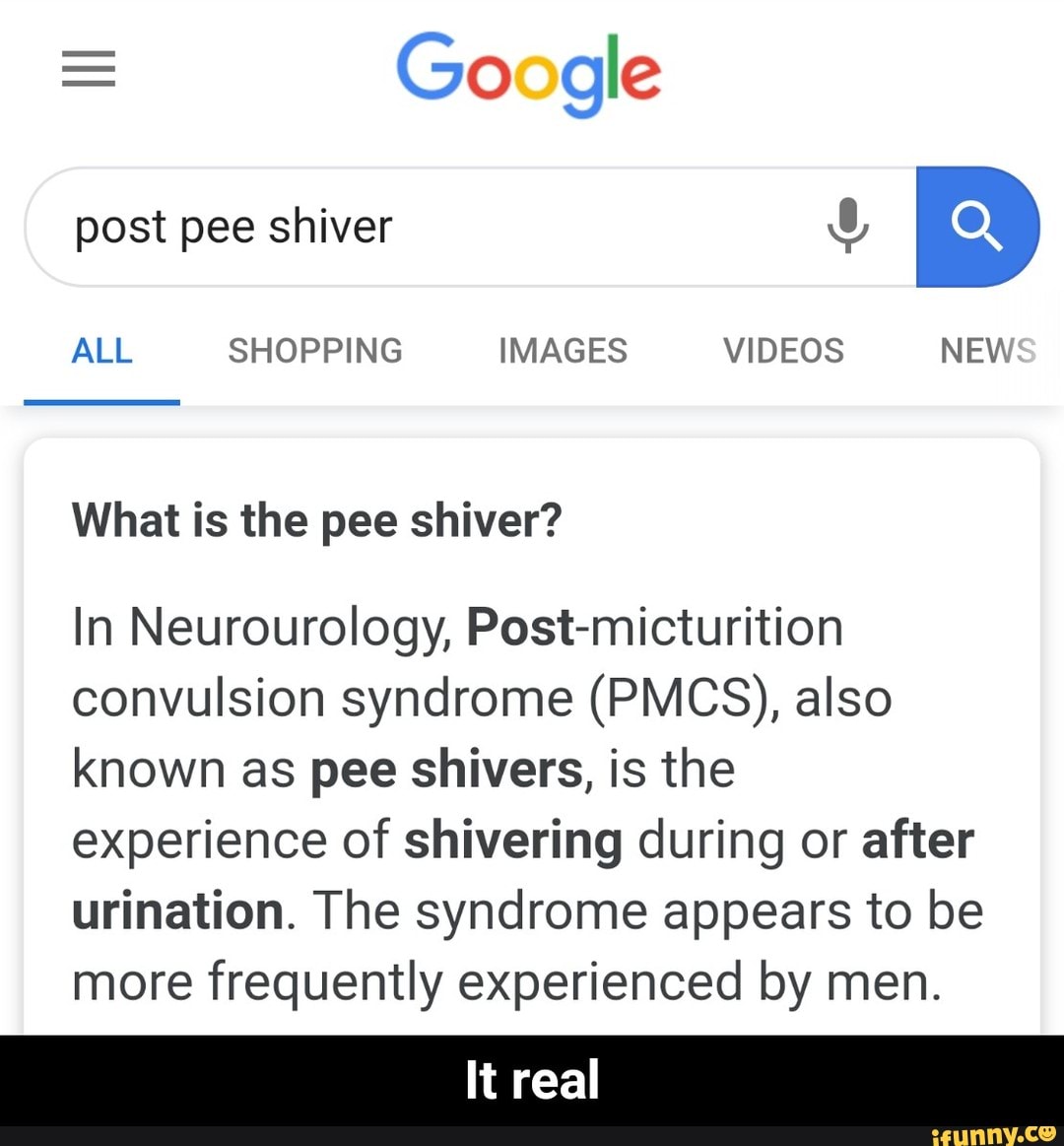
In Neurourology, Post-micturition convulsion syndrome (PMCS), also known as pee shivers, is the experience of shivering during or after urination. The syndrome appears to be more frequently experienced by men. - It

Why Do I Shiver When I Pee? | Mental Floss

Pee Shivers Symptoms and Theories on Possible Causes

Pee Shivers Symptoms and Theories on Possible Causes

Sleep Jerk to Piss Shivers: 5 Body Mysteries Explained | Cracked.com

Solved: 1 2 3 Moving To Another Question Will Save This Re... | Chegg.com
Sleep Jerk to Piss Shivers: 5 Body Mysteries Explained | Cracked.com

Articles on Excretion, Including: Urea, Perspiration, Elimination Communication, Urination, Respiration (Physiology), Toilet Training, Post-Micturition Convulsion Syndrome, Metabolic Waste, Omorashi, Pants Pankuro, Ureotelic, Toileting by Hephaestus ...
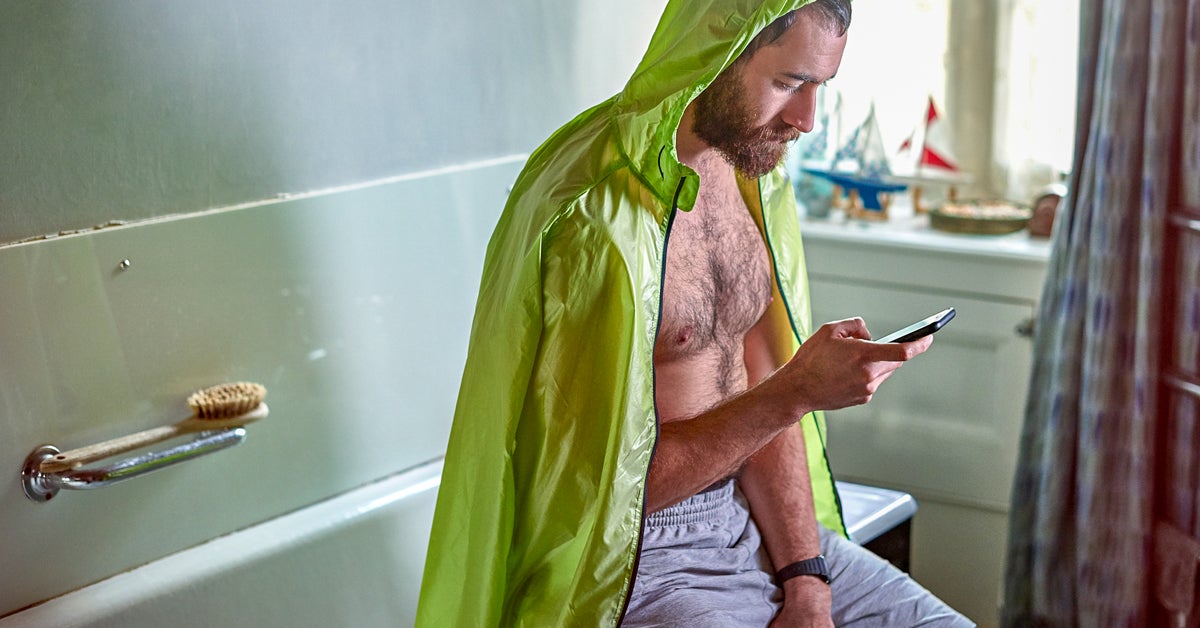
Pee Shivers Symptoms and Theories on Possible Causes
The Dreadful Drip: Bathroom Solutions from Flushd | Get Flushd!
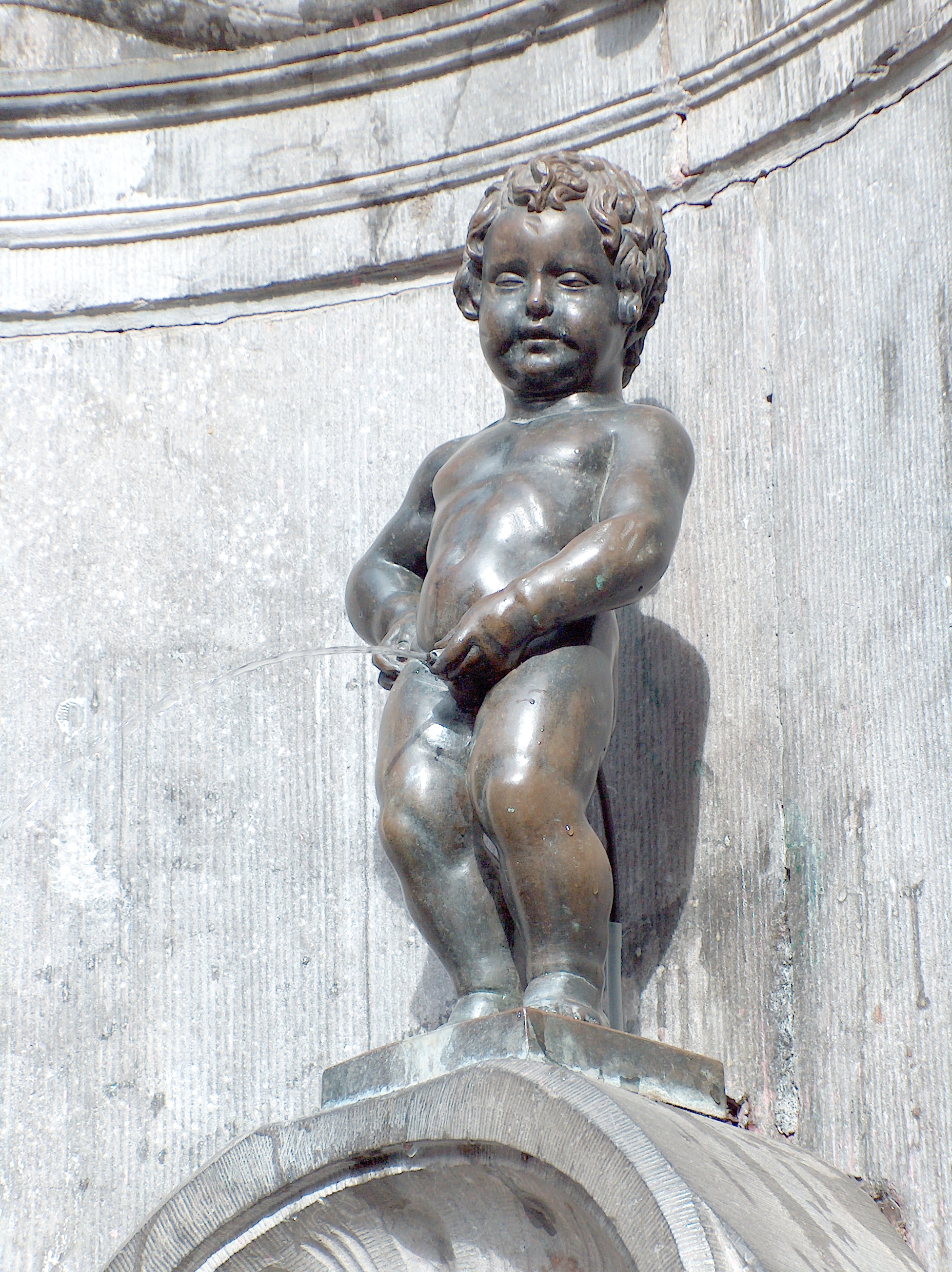
Urination | Psychology Wiki | Fandom

Mister freedom | LOOKBOOK

Pee Shivers Symptoms and Theories on Possible Causes

Urination - Wikipedia
What causes "piss shiver"? - The Straight Dope

Post-Micturition convulsion syndrome - Home | Facebook

Red Newspaper Design | bradbowen | Flickr

Does Peeing Make You Shiver? This Is What Your Body Is Trying To Say

Sidney Lo - Fiorentini And Baker Black Distressed Leather Boots, Mister Freedom Watch Cap, Buzz Rickson Sweater, 2b Bebe Buzz Rickson L 2b Bomber Jacket, A.P.C. Black New Cure - Post-micturition Convulsion

Pee Shivers Symptoms and Theories on Possible Causes
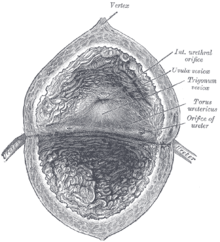
Urination - Wikipedia
UberFacts on Twitter: "Post-Micturition Convulsion Syndrome: The technical term for the "pee shivers.""

Post-Micturition convulsion syndrome - Home | Facebook

Post-Micturition convulsion syndrome - Home | Facebook

5 Weird Involuntary Behaviors Explained! - YouTube

尿尿完的一抖,你會「尿顫」嗎? - ēSEN

Bada ba ba ba - Imgur
Posting Komentar untuk "post micturition convulsion syndrome"